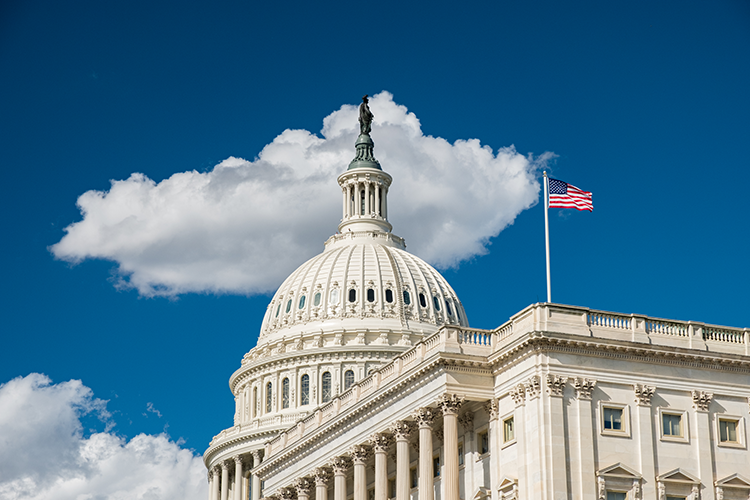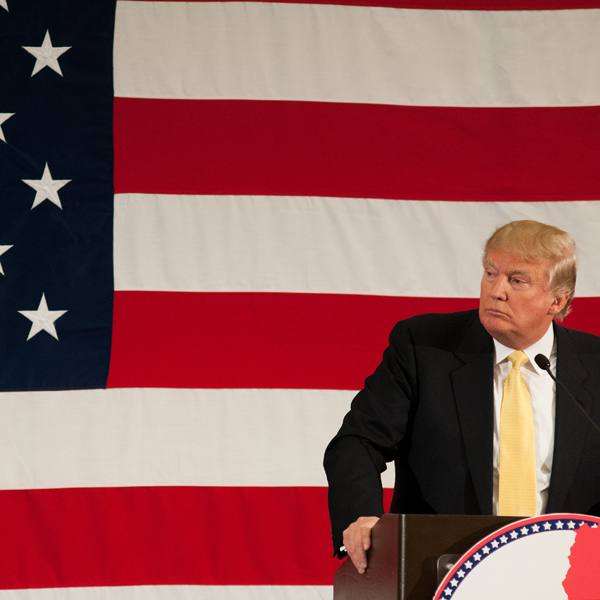Bill would restore Chevron deference doctrine, create advocate to help citizens participate

A U.S. Senate bill introduced this week would codify the doctrine of Chevron deference, which allows courts to defer to agencies’ interpretations of ambiguous laws. (Image from Shutterstock)
A U.S. Senate bill introduced this week would codify the doctrine of Chevron deference, which allows courts to defer to agencies’ interpretations of ambiguous laws.
The U.S. Supreme Court on June 28 overruled the decision that established Chevron deference, jeopardizing regulations in areas that include student loan forgiveness, workers’ rights and emissions limits. The high court ruled in two combined cases, Loper Bright Enterprises v. Raimondo and Relentless Inc. v. Department of Commerce.
At least six judges have cited Loper Bright in decisions blocking rules intended to protect the rights of workers and LGBTQ people, Reuters reports.
The bill dubbed the Stop Corporate Capture Act “codifies the Chevron doctrine and strengthens the rulemaking process to block corporations from hijacking our government,” according to a July 23 press release by one of the bill’s sponsors, Democratic U.S. Sen. Elizabeth Warren of Massachusetts.
According to the press release, the bill would:
• Allow agencies to conduct rulemaking based on reasonable interpretations of authorizing statutes.
• Create a streamlined 120-day review period for regulations.
• Allow agencies to reinstate rules that are rescinded by Congress through the Congressional Review Act, which allows Congress to disapprove of new rules and stop them from taking effect.
• Reform agencies’ cost-benefit analysis to emphasize the benefits of a rule.
• Create an Office of the Public Advocate to help the public participate in regulatory proceedings.
• Require agencies to respond to citizen petitions for rulemaking containing 100,000 or more signatures.
• Require rulemaking participants to disclose industry-funded research, the amount of money received by the person who conducted the study, and any revisions by entities allowed to review the study.
• Create financial penalties for corporate special interests that knowingly submit false information during the rulemaking process. The initial fine would be $250,000 followed by fines of at least $1 million for additional violations, according to Law360.
A similar bill is pending in the U.S. House of Representatives. According to Reuters, the bill “has slim chances of passing.”
Write a letter to the editor, share a story tip or update, or report an error.



